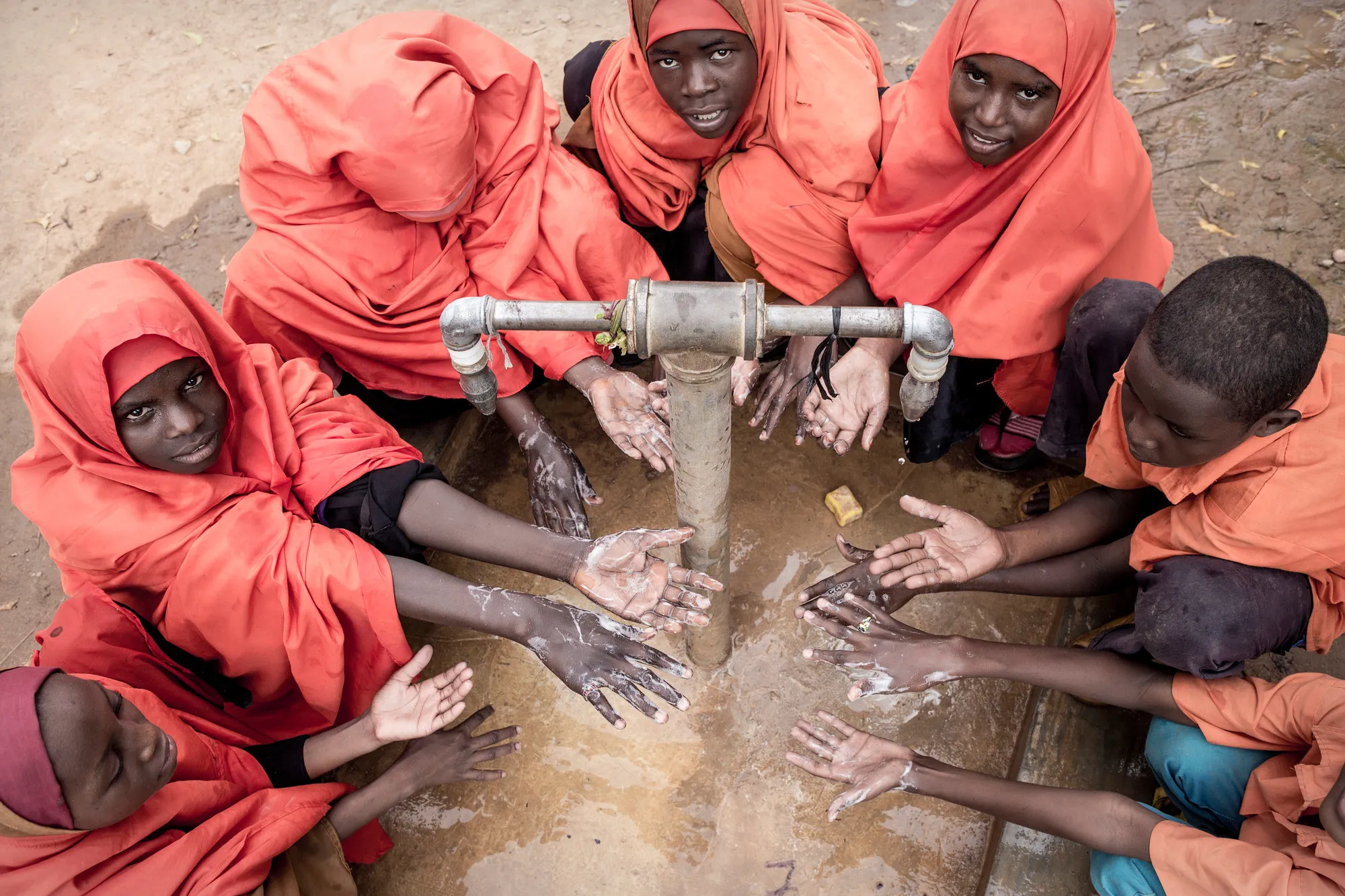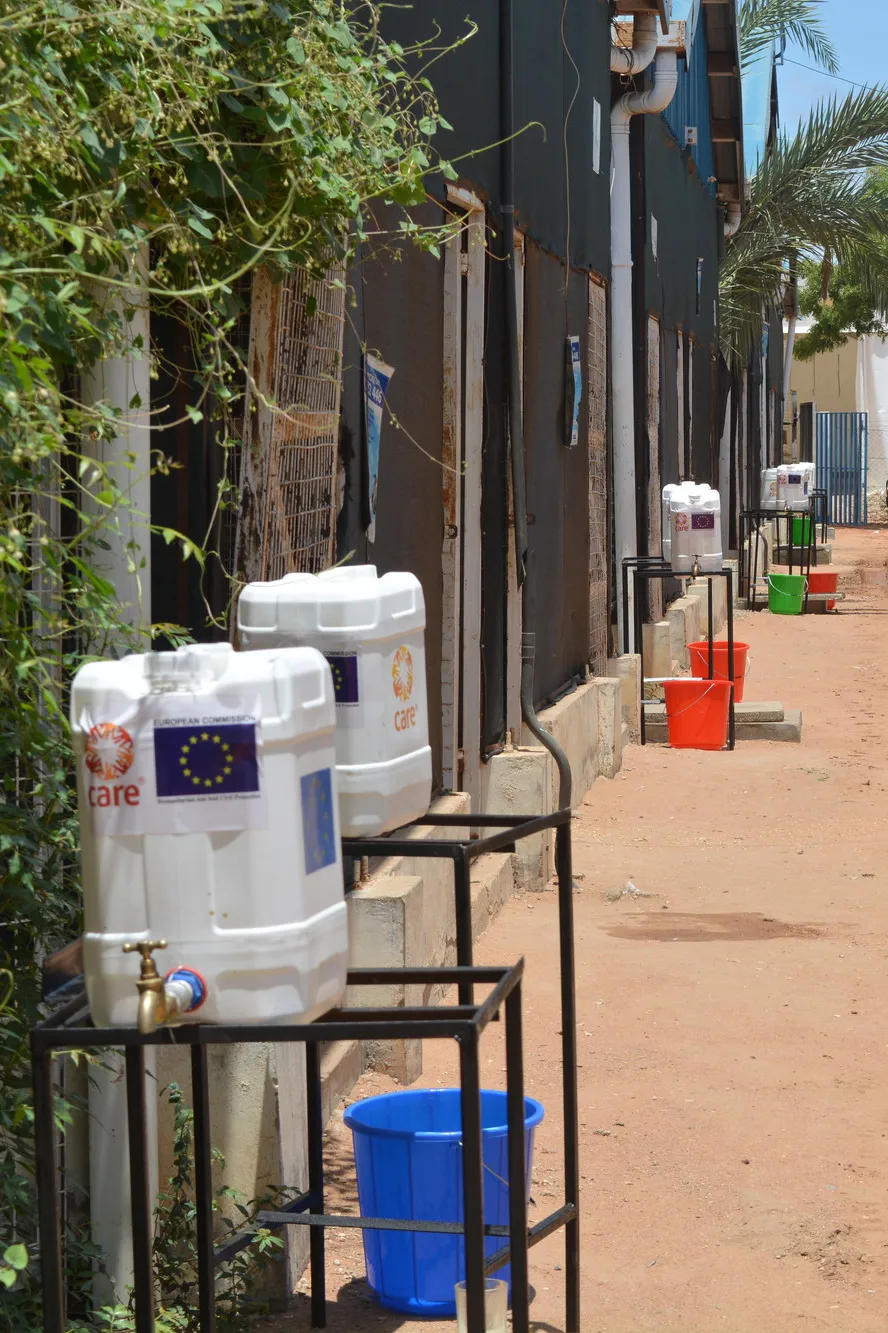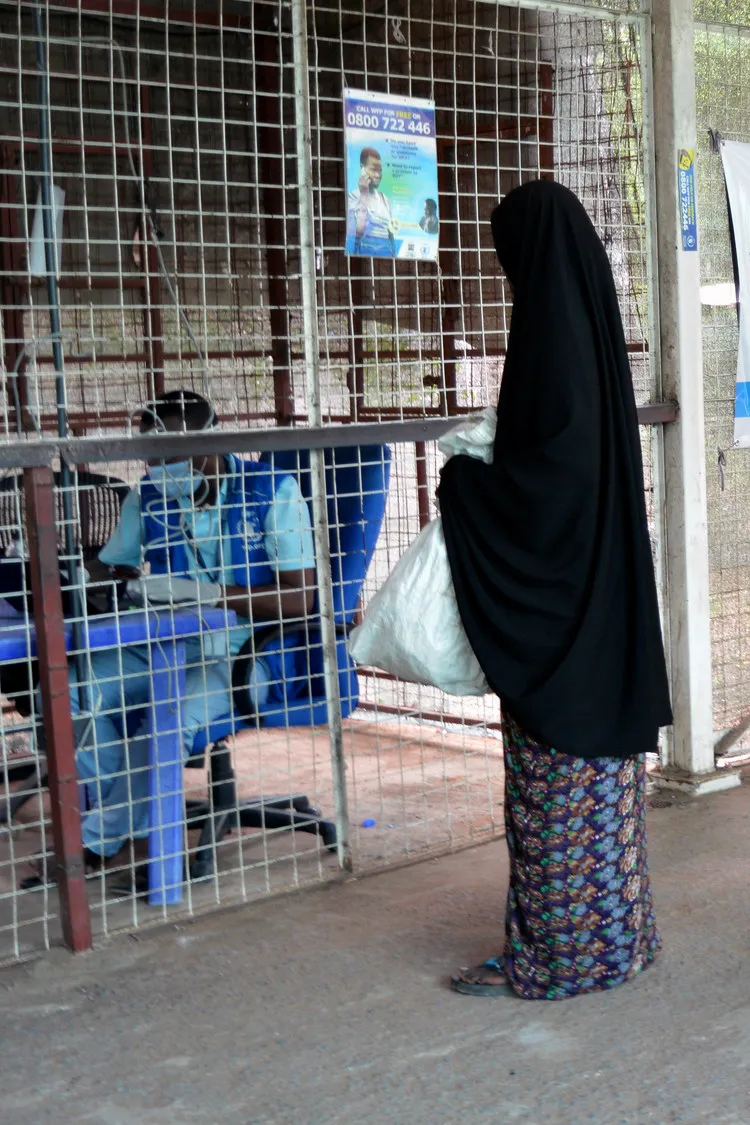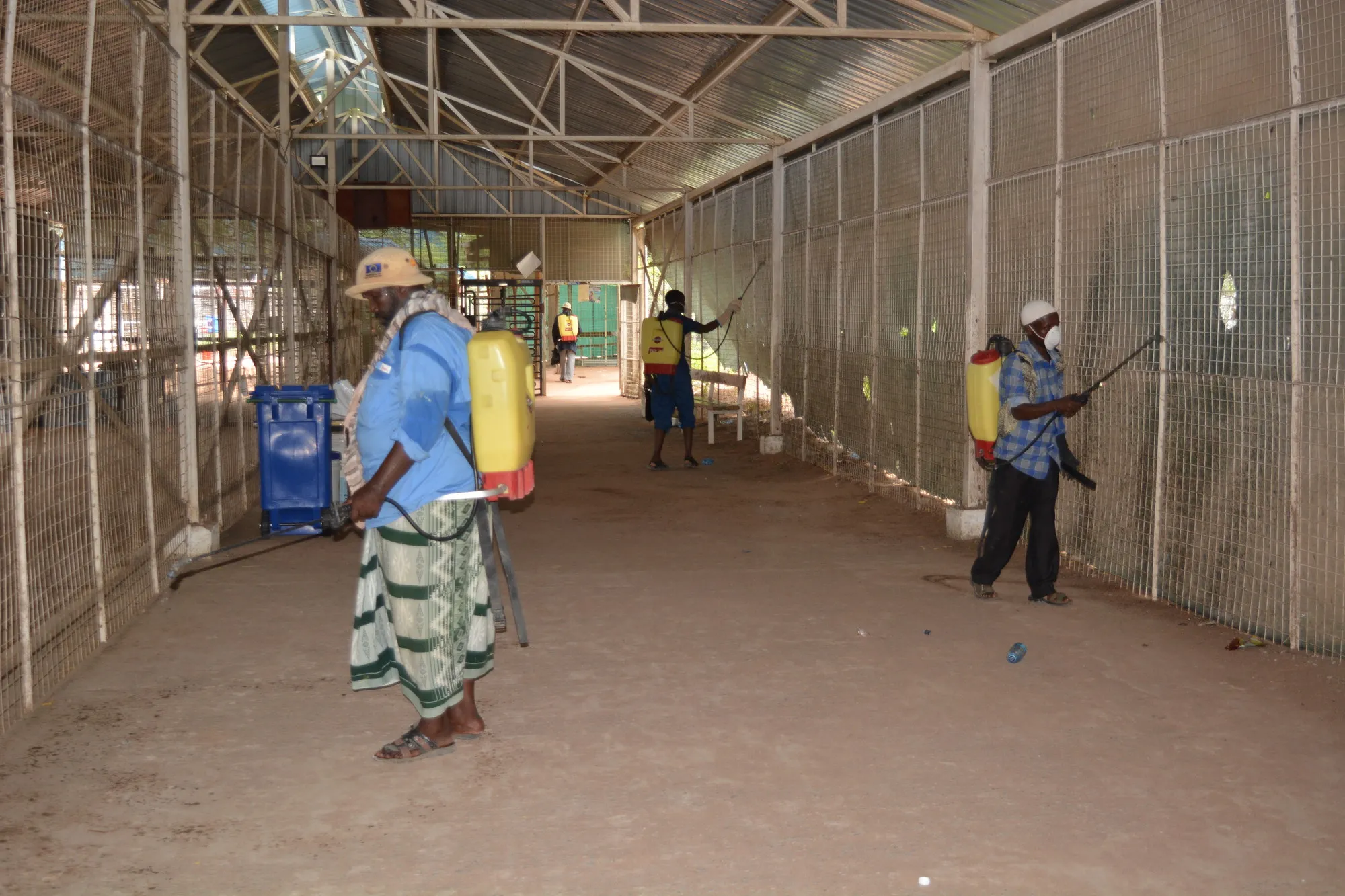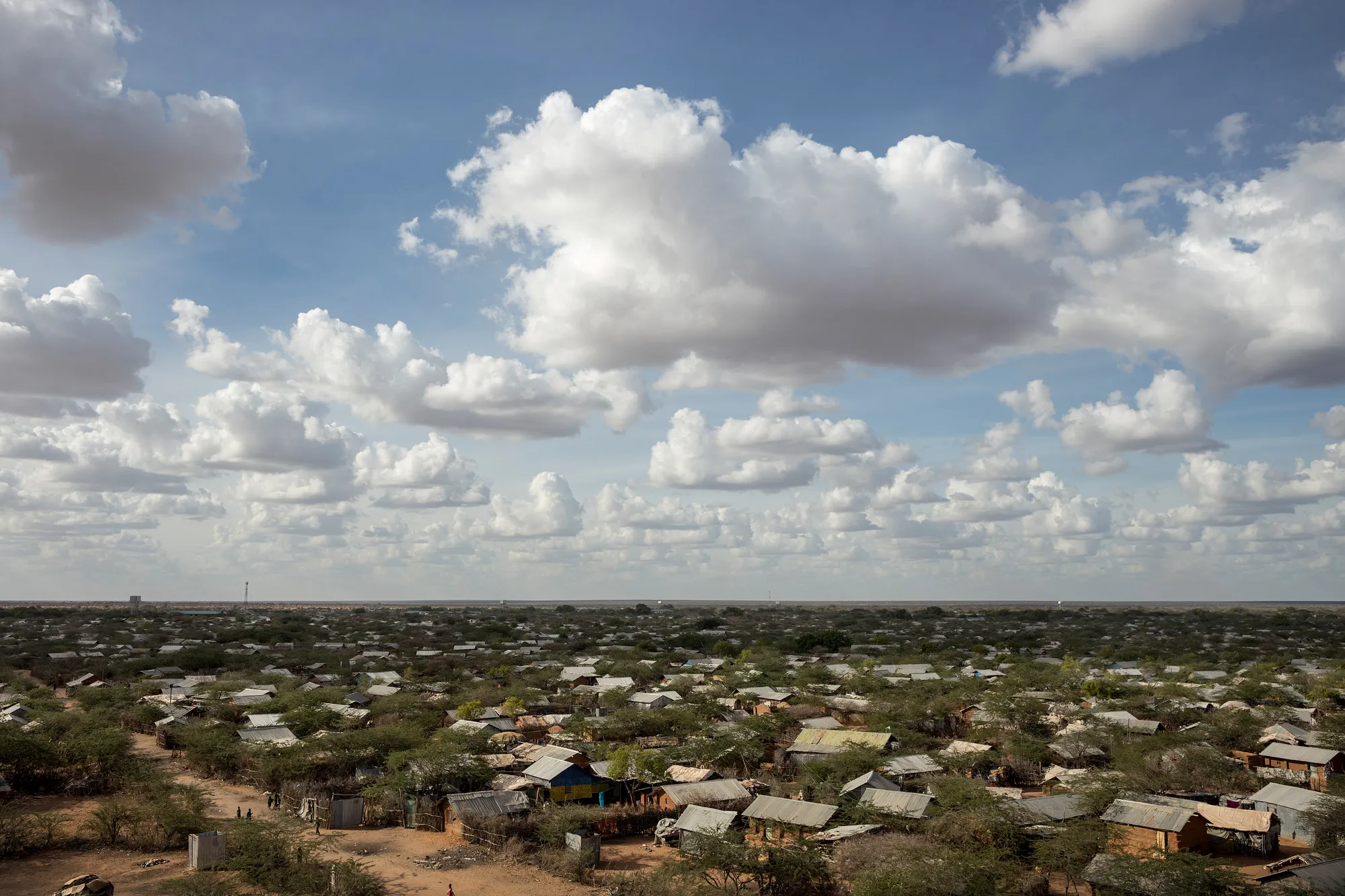As countries around the world grapple with the coronavirus pandemic, refugee camps in Kenya are preparing for a potential outbreak.
Kenya had recorded fewer than 1,000 positive cases of the coronavirus and 50 deaths as of May 18, 2020. No positive cases have been reported in either of the country’s two refugee camps, Dadaab and Kakuma.
A United Nations High Commissioner for Refugees (UNHCR) spokesperson in Kenya, Eujin Byun, says the UN agency had a “significant reduction” in the number of refugees traveling to Dadaab in recent months. This is due to border closures of surrounding countries, particularly South Sudan, which closed its borders in March. Newly arriving refugees were put in 14-day quarantine before being admitted to the camp.
Within both camps, CARE, UNHCR and other humanitarian organizations have adjusted in response to the pandemic. Schools and community centers in the refugee camps closed, and social gatherings such as religious services have been banned.
“Humanitarian staff stopped moving in and out of Dadaab as of March 31, making the selfless decision to not see their friends and families in order to keep helping the population of Dadaab,” says CARE Kenya Country Director Philippa Crosland-Taylor. “Now host communities outside the camp won’t be able to commute for business or see their families, and refugees cannot even make the decision to return home due to these latest movement restrictions.”

